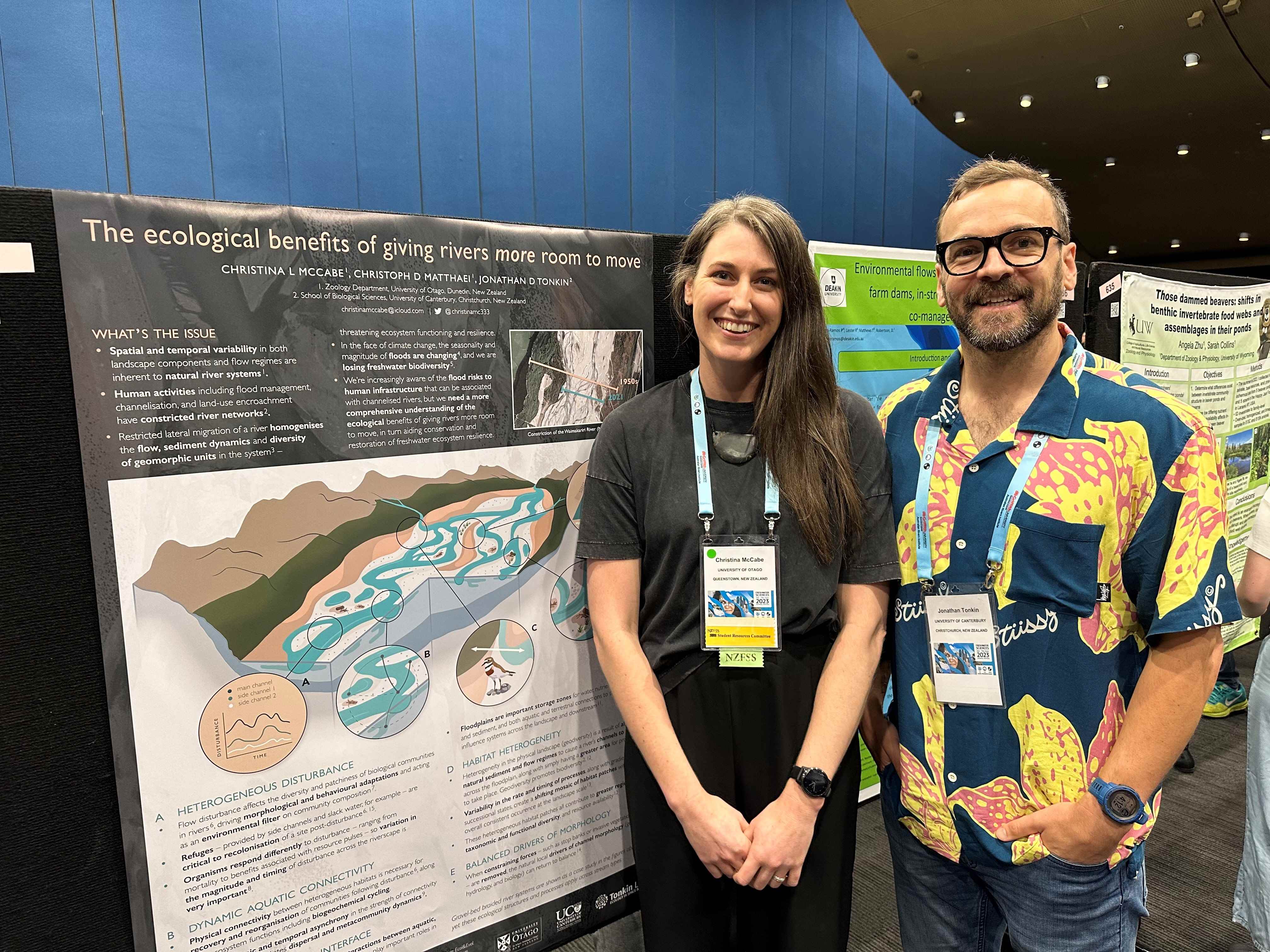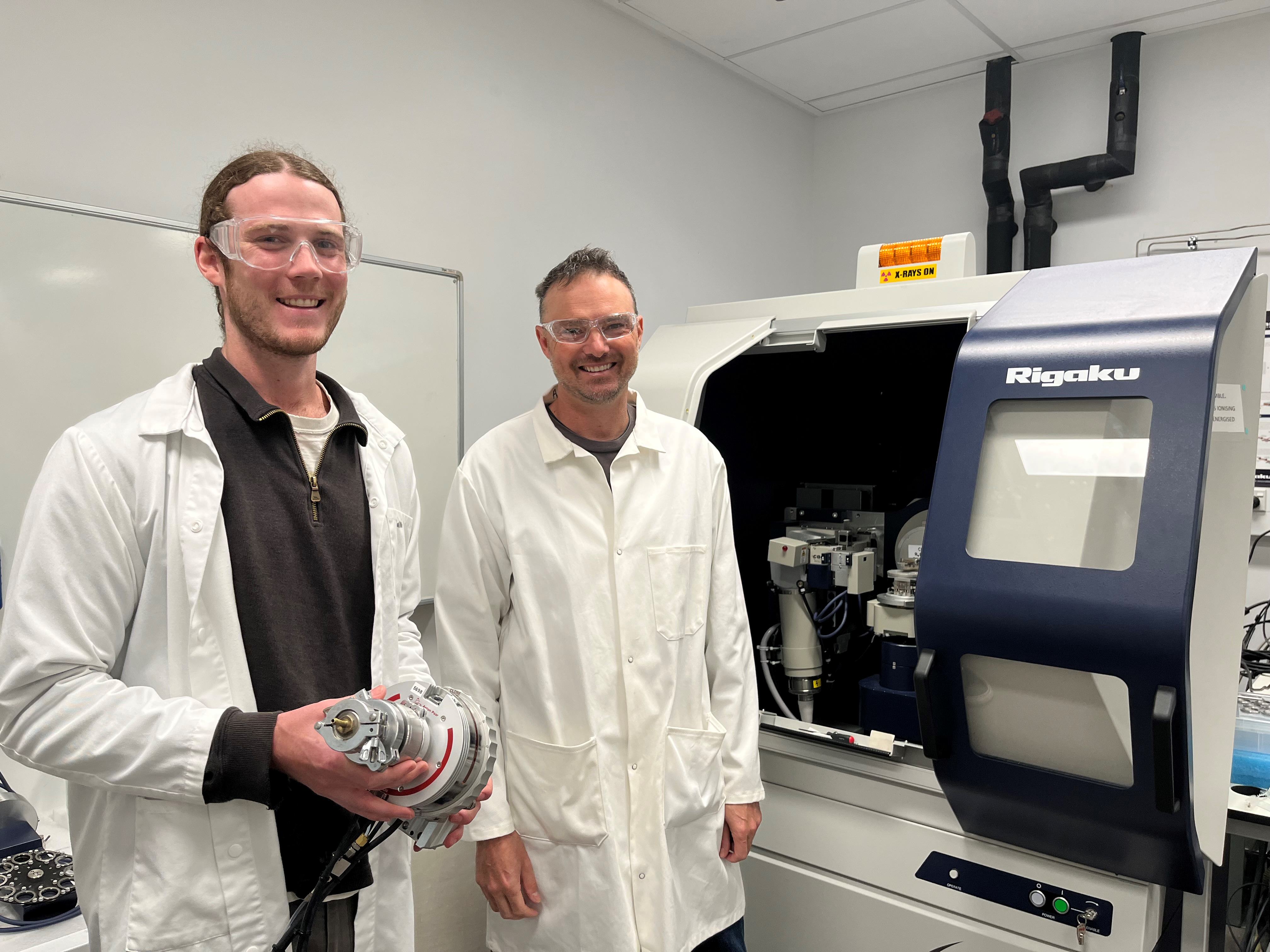In all countries surveyed, public trust in health authorities was highest. Conversely, public trust in politicians ranked lowest across the board. However, in New Zealand, trust in politicians was significantly higher than in the other countries studied. The researchers linked this to data from the Global Corruption Perception Index that records how transparent populations believe their governments to be. New Zealand’s high ranking on this index may explain our greater levels of trust in information provided by politicians.
Professor Schluter also points to the consistent messaging delivered by government and public health officials in Aotearoa New Zealand. “Here we saw the daily briefing with the Prime Minister and the Director General of Health promoting the same stance. By comparison, information coming from US political leadership sometimes contradicted advice of health authorities.”
Alexa Schluter was also interested to see if political orientation affected participants’ trust in government information.
“We found higher levels of trust in government policy expressed by those who identified as right leaning or conservative voters,” she says. “That may reflect the fact that, at the time of the pandemic, the majority of countries surveyed had conservative governments in power.”
The researchers believe their paper has added relevance within the context of the ‘infodemic’ identified by the World Health Organization as a central challenge during the COVID-19 pandemic. A combination of ‘information’ and ‘epidemic’, the term describes the rapid spread of information, both accurate and inaccurate, enabled by the internet and social media.
“In this environment, public trust becomes an important determinant in population health outcomes, and that’s quite a new idea,” says Professor Schluter. “These large-scale health challenges will continue to happen in future, so we really need to understand what works to foster public trust in health interventions.”
The paper will be published in the prestigious, international Journal of Global Health.










